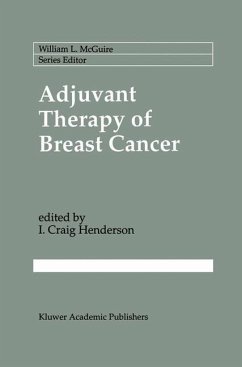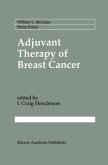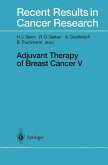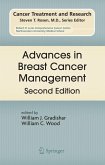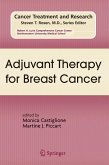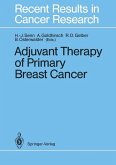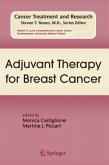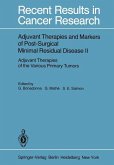The results of randomized trials evaluating the use of early or adjuvant systemic treatment for patients with resectable breast cancer provide an eloquent rebuttal to those who would argue that we have made no progress in the treatment of cancer. Many of the tumors that we have been most successful in curing with chemotherapy and other newer forms of treatment are relatively uncommon. In contrast, breast cancer continues to be the single most common malignancy among women in the western world, is increasingly a cause of death throughout Asia and Third-World countries, and remains one of the most substantial causes of cancer mortality world wide. The use of mammography as a means of early detection has been shown to reduce breast cancer mortality by 25-35% among those popu lations in which it is utilized. The use of adjuvant systemic treatment in appropriate patients provides a similar (and additional) reduction in breast cancer mortality. Few subjects have been so systematically studied in the history of medicine, and it seems fair to conclude that the value to adjuvant systemic therapy in prolonging the lives of women with breast cancer is more firmly supported by empirical evidence than even the more conventional or primary treatments using various combinations ofsurgery and radiotherapy.
'Overall, this book is a useful review Volume containing thoughtful and up-to-date information on the optimal use of adjuvant therapy for breast cancer. It will be a valuable addition to the library of the practicing clinical oncologist.' Journal of the Nat. Cancer Inst. 85:10 1993
'Overall, this book is a useful review Volume containing thoughtful and up-to-date information on the optimal use of adjuvant therapy for breast cancer. It will be a valuable addition to the library of the practicing clinical oncologist.' Journal of the Nat. Cancer Inst. 85:10 1993

